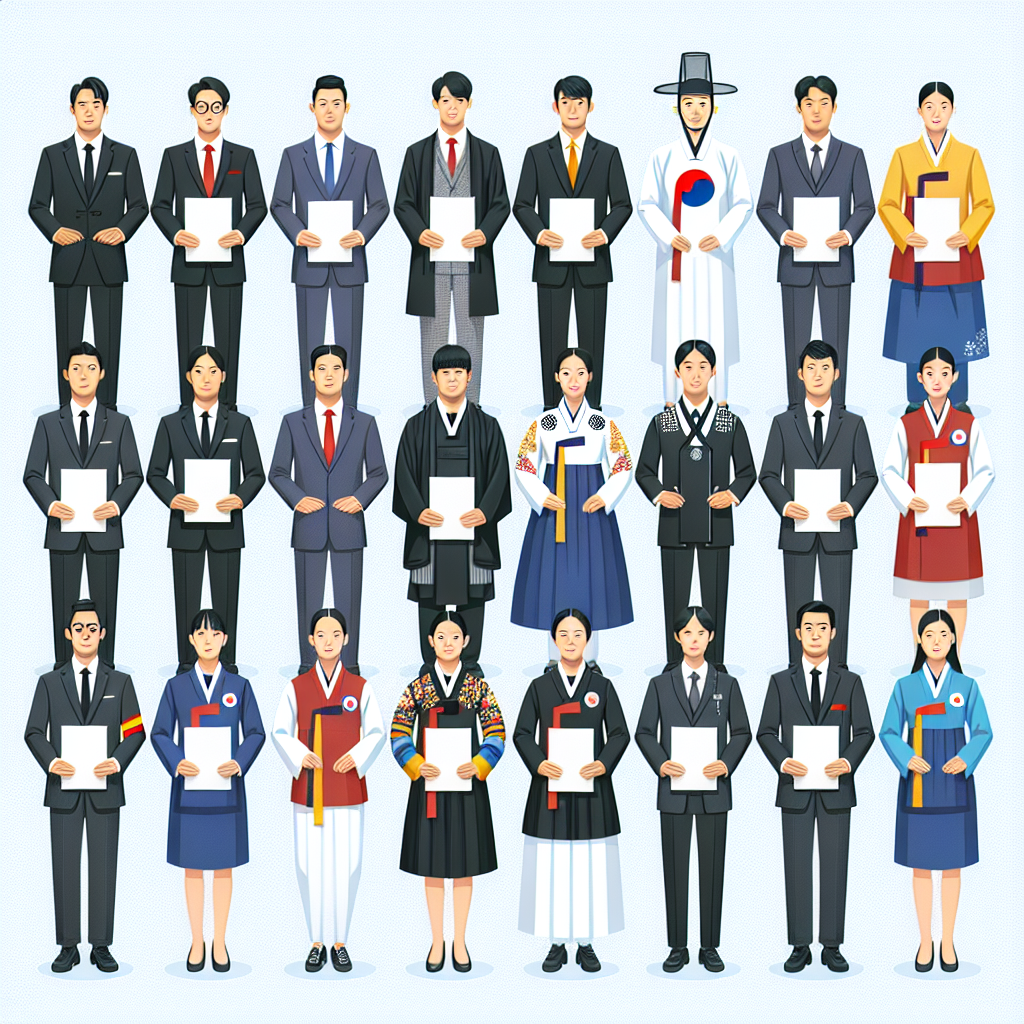South Korea Strategizes Amid New U.S. Trade Deal Challenges
South Korea is developing strategies to handle increased U.S. tariffs, exploring new markets, and enhancing domestic demand. Despite a recent trade deal with the U.S., uncertainties remain. The focus includes fostering new industries like AI and improving regulatory frameworks to vitalize economic growth.

South Korea is gearing up to address the economic ripple effects of heightened U.S. tariffs. The Finance Ministry announced its intent to bolster short-term domestic demand and provide financial support for technological advancements, aiming to boost market competitiveness.
Through a recent deal, South Korea managed to negotiate a 15% tariff instead of the threatened 25% rate on its exports to the U.S., but key issues like defense costs remain unresolved. This leaves room for potential disputes during the upcoming summit between President Trump and South Korean President Lee Jae Myung.
Despite challenges, the South Korean Finance Ministry sees the agreement as an opportunity. The $350 billion investment package within the deal is expected to open new business avenues, strengthen ties with the U.S., and stabilize supply chains. Additionally, initiatives to promote sectors like AI and Korean cultural exports are set to be pivotal for future economic strategies.
(With inputs from agencies.)
ALSO READ
Global Markets Juggle Politics and Tech Gains Amid Trade Tensions
Alaska Airlines Ground Stop: Unanticipated Halt Jolts Aviation Sector
Religious Conversion Bust: Police Raid in Kachha Dube Ka Purwa
Alaska Airlines Implements Unprecedented Ground Stop
Night of Chaos: New Barrage of Missiles Hits Ukraine's Capital










